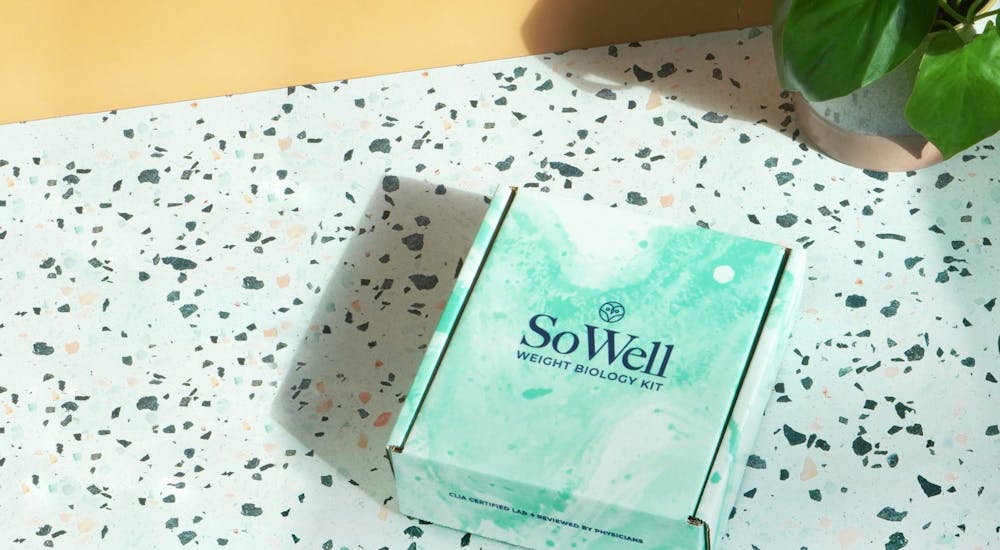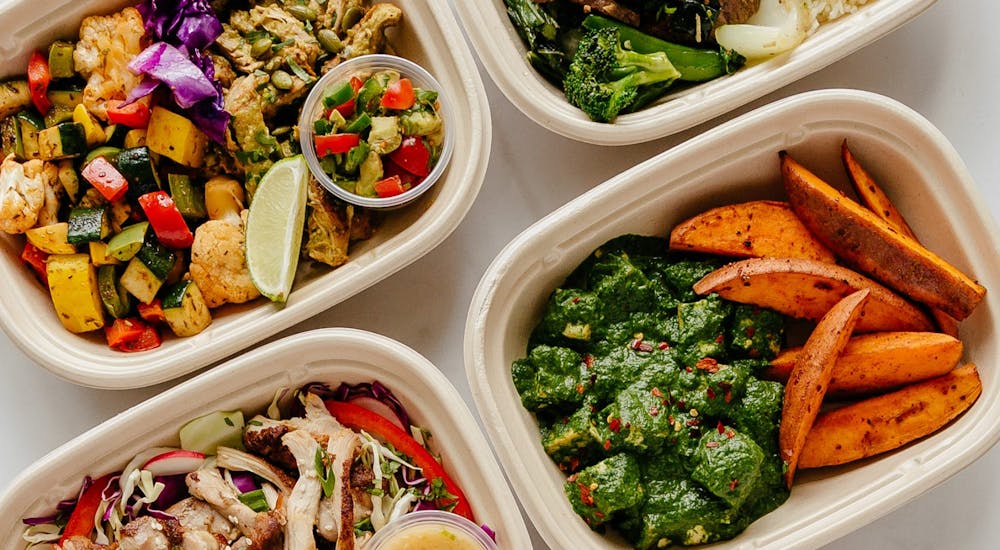
3 Ways to Build Healthy Habits That Stick
By Alexandra Sowa, MD
June 16, 2021
My number one secret to help people change their metabolic health is not a list of superfoods or a biohack, it’s just a simple bit of advice: be consistent. While it might not be as exciting as a magical elixir or alluring as a trendy diet, consistency is king when it comes to forming life-long habits. But as anyone who has ever tried to implement a new routine knows, this is easier said than done.
As a board-certified physician of Internal Medicine specializing in preventive health and the founder of SoWell Health, a metabolic health company and home to the first-of-its-kind Weight Biology Kit, I’ve developed a stepwise approach to make behavioral changes that stick for the long term.
1. Set a Goal
Be specific. Instead of “get healthier,” commit to drinking 64-ounces of water every day, or begin training for a marathon. Research shows that drilling down to the details improves long-term success. Understand Your Motivation
Before committing to a goal, your goal, it’s important to understand you choose it. If your why is related to your long-term health and happiness, rather than a superficial metric, you’re likely to be more successful. I find people to be more motivated and satisfied with their weight loss goal if the motivation is “I want to prevent future health problems” than “I want to fit in my skinny jeans.”

One of the reasons why I created the Weight Biology Kit is to help people understand their metabolic health, and identify a motivating why and to help them achieve long-term health.
2. List 5 Action Steps Needed to Achieve Your Goal
As the saying goes, “a goal without a plan is just a wish.” Take a minute to think about the steps needed to achieve your goal. Depending on the complexity of your goal, it can take between one to five actionable steps. Write them down and decide how to execute them.
If your goal is to establish healthier eating habits, my number-one recommended action is to make a weekly meal plan. Take a moment to think about the week ahead. Identify potential issues like work dinners or your kid’s soccer tournament, and give yourself time to prepare (make a shopping list, order your Territory meals). Planning ahead also minimizes decision fatigue, so you’ll be less likely that you’ll reach for fast food at the end of a long day, and instead opt for the healthy meal you already had decided on earlier in the week.

If your goal requires more than two action steps, I recommend working on just one of two goals at a time and try doing those things consistently for one or two weeks before moving on to the next action. Taking small steps toward the goal will ensure that you aren’t burned out by the end of the first week of change.
3. Hold Yourself Accountable
Whether with a fancy tracking app or a simple paper journal, check off your success daily. At the end of every day, reflect on how you achieved your action step, how you’ll achieve it tomorrow, and how it will ultimately help you achieve your goal. Self-reflection and appreciation is an important part of sustainable behavior change.
Making any change requires work, but being specific, making a plan, and acknowledging your successes can help you turn a goal into a lifelong habit.
Popular Posts
Foods to Avoid When Taking GLP-1 Weight Loss Medications
April 25, 2025
Tips for GLP-1 Success: Healthy Habits to Practice on Weight Loss Medication
March 6, 2025
How to Go Gluten-Free: A Beginners Guide to Starting a Gluten-Free Diet
November 21, 2024
A Guide to Snacking on a Gluten-Free Diet
November 12, 2024